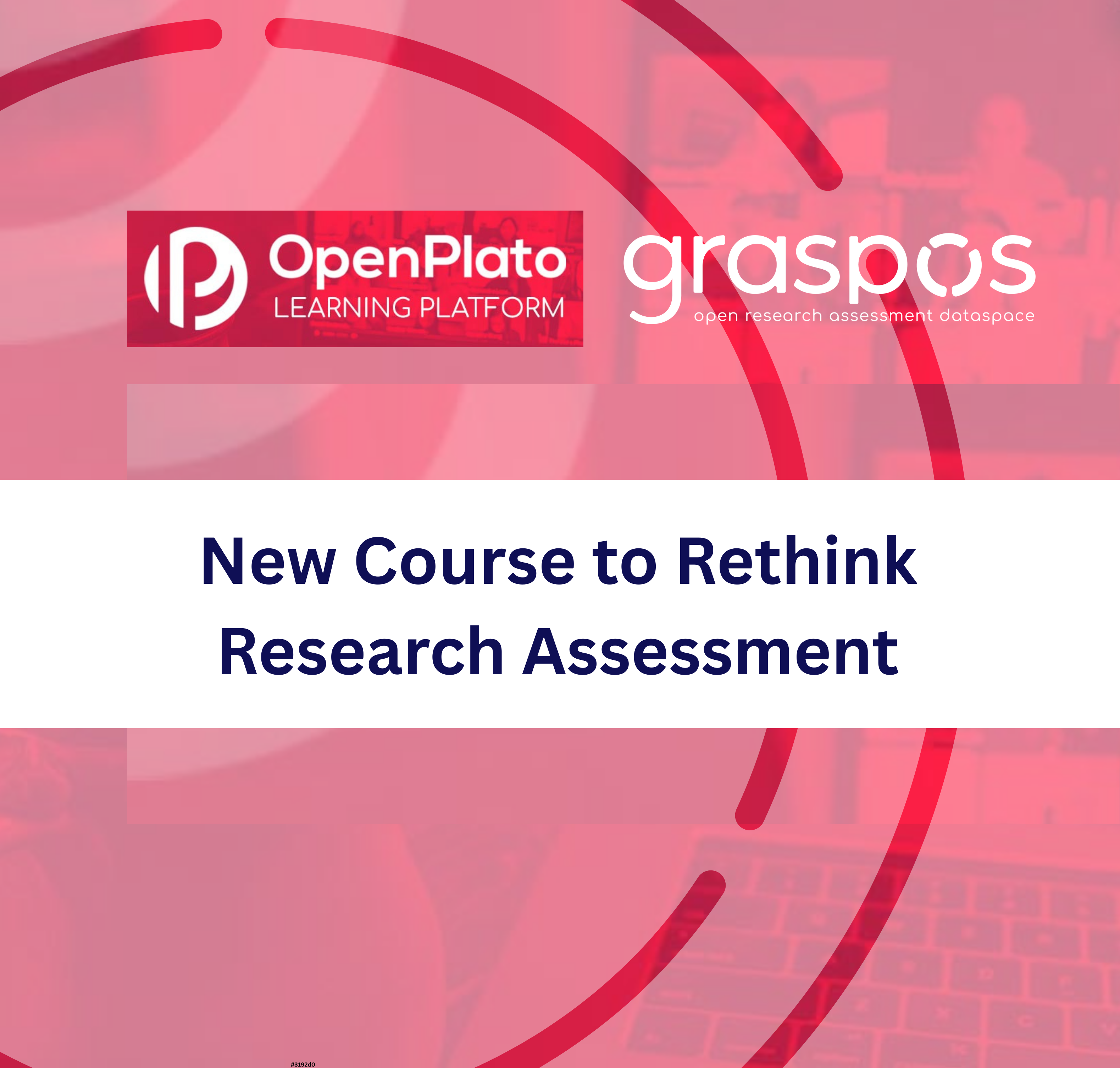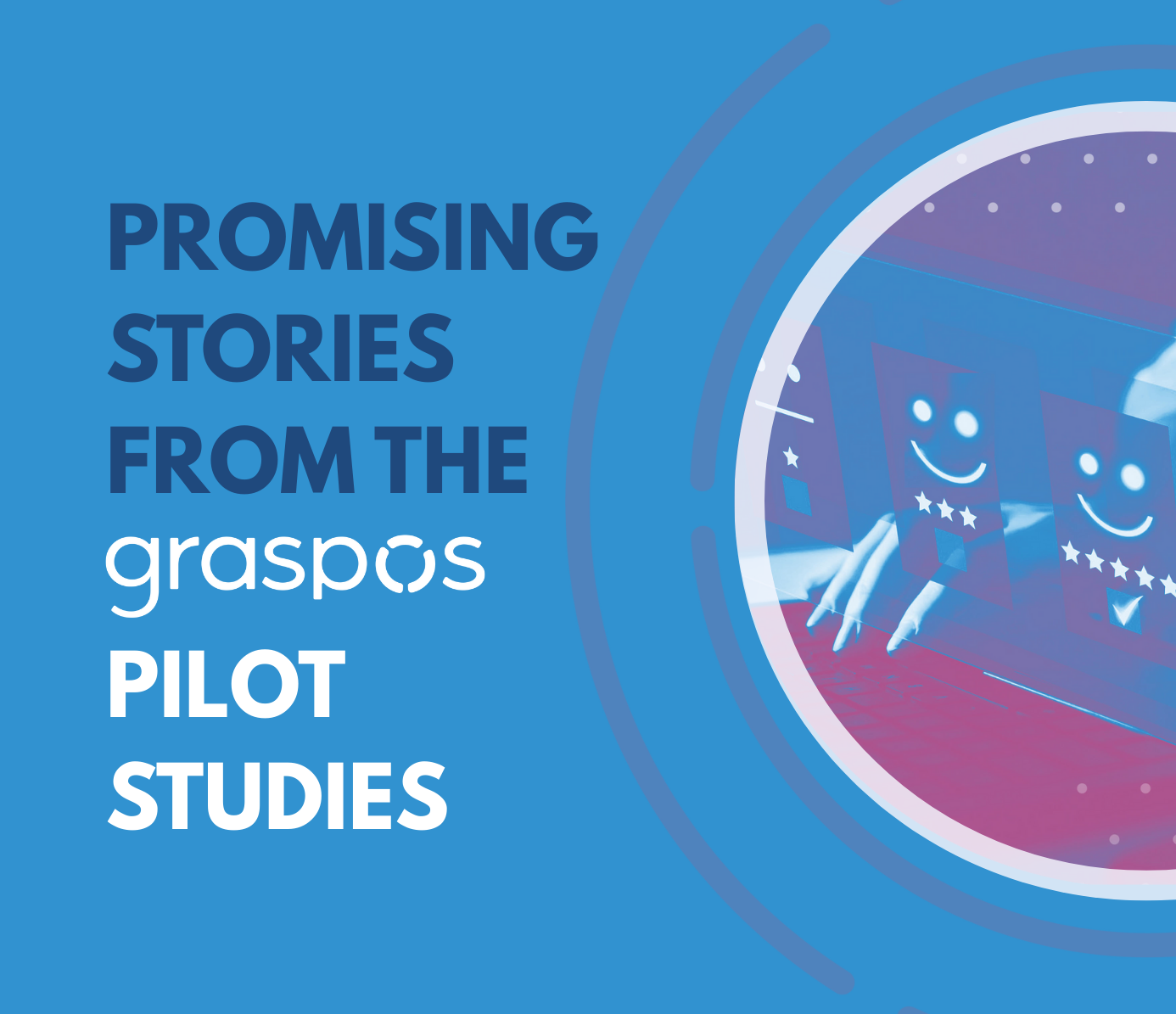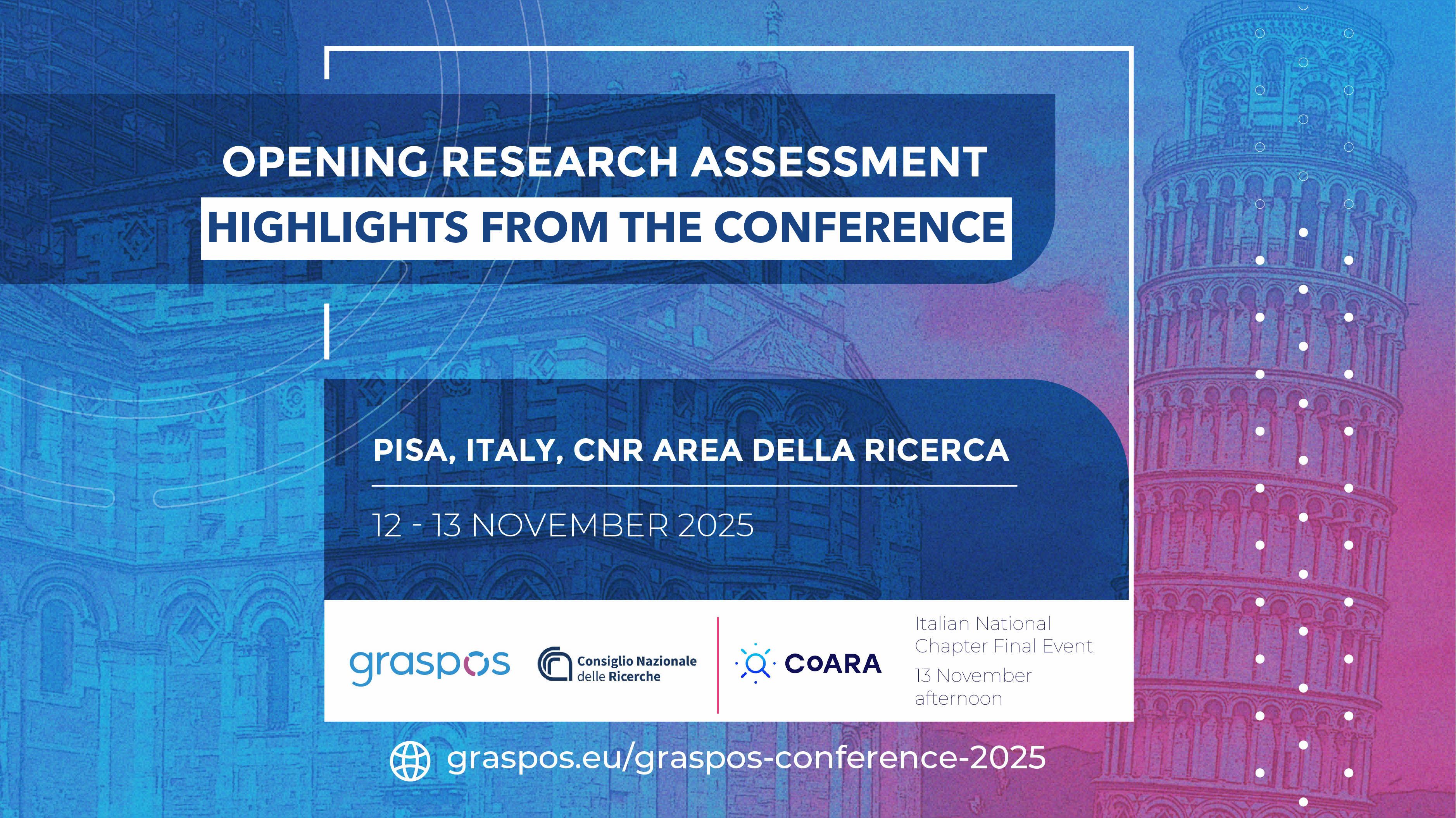GraspOS Chats #7 Get to know Natalia Manola
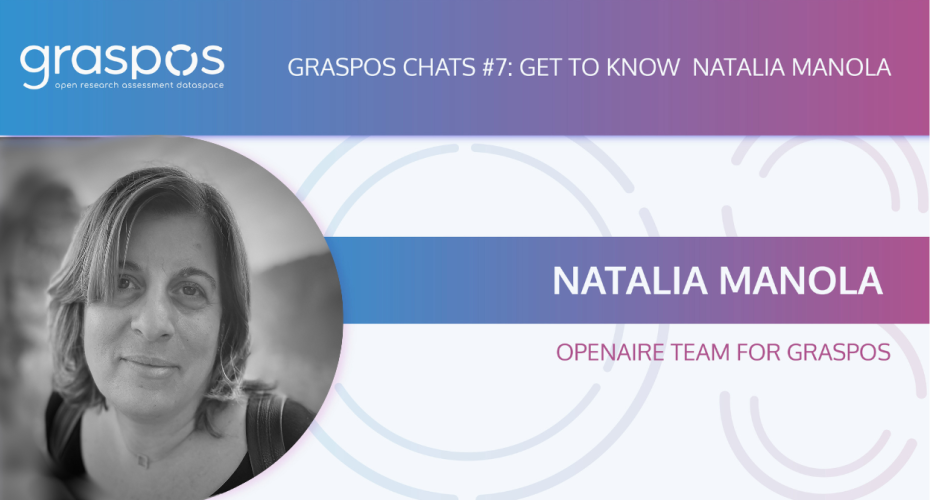
IN THIS SERIES OF INTERVIEWS WE FEATURE GRASPOS MEMBERS TO PRESENT THE PEOPLE BEHIND THE SCENES. WHAT IS THEIR ROLE IN THE PROJECT, THEIR BACKGROUND, AND THEIR VIEW ON THE NEED FOR AN OPEN SCIENCE-AWARE RESPONSIBLE RESEARCH ASSESSMENT SYSTEM?
This month, Natalia Manola answered our questions on Open Science and the reform of research assessment, and the role GraspOS can play to support the reform. Natalia is CEO of OpenAIRE, a non-profit membership organisation in Europe with a mission to promote open scholarship and improve discoverability, accessibility, shareability, reusability, and monitoring of data-driven research results, globally.
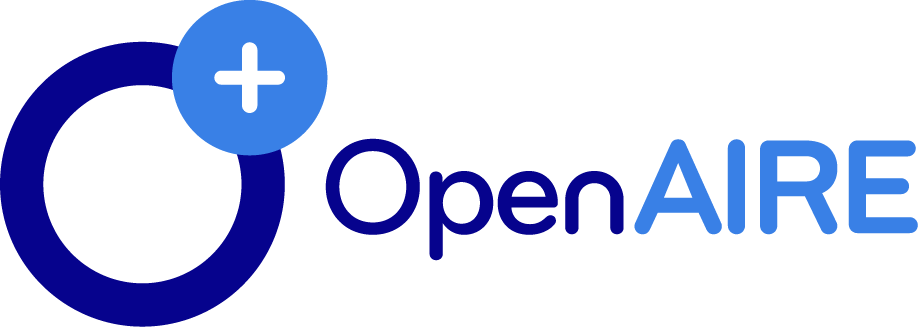
Natalia, can you tell us more about your work and centres of interest?
I am highly enthusiastic about the practical ways of making open science work, on how to incorporate practices into research and that it becomes an instinctive part of research workflows. I am interested in understanding the impact of AI, and specifically Large Language Models enabled technologies, on the research process and its methods of evaluation. I am fascinated by the manifestation of meta-research in R&I policy, as it frequently serves as the primary motivating factor for all.
What is your role in GraspOS? If you could highlight one aspect of the project, what would it be, and why?
My role in GraspOS is to ensure the vision of openness stays intact. From its inception, GraspOS was designed from the beginning to include two forms of openness: Open Infrastructures for research assessment and research assessment that incorporates evaluation or metrics on openness. In order to achieve the first objective, it is necessary for us to address the issue on a global level. The establishment of Open Infrastructures necessitates a collaborative spirit from all parties involved, which is the most intriguing aspect.
Developing the researcher's openness profile is currently the most enjoyable aspect, as it involves us to relate with the researcher to understand their ways of thinking. Upon reviewing the profile we have prepared, I am confident that many individuals will reassess their perspectives, as they will realise that attaining the desired outcome is not as challenging as they initially believed.
when was the first time you heard about Open Science, and how did you get involved?
In 2005, I took on the role of project manager for an EU-funded initiative called DRIVER, where we established the first open access repository network in Europe. This got me started with Open Science. From that point on, I was an integral part of every OpenAIRE EU-funded project and eventually became CEO of the OpenAIRE AMKE corporation. What kept me in? The passion of the people involved and working for a public good. After coming from the industry, this has been quite revitalising!
In your opinion, what are some of the main challenges to reforming research assessment and how can GraspOS support the reform process?
There's one too many. This well-established system is, first and foremost, familiar to the researchers. They know it well, they trust it and are strongly committed to their ways. The paradox is that the current infrastructure is insufficient to measure performance in a data-intensive R&I ecosystem, which is driven towards more transparency and inclusiveness and progressing beyond the current infrastructure's focus on publications.
These very aspects are being addressed by GraspOS: First, we need to establish an Open Infrastructure that can track various forms of research outputs, including citations and their interconnections, and determine how they impact researcher profiles. Second, we need to design profiles that capture researchers' openness through both their research outcomes and their open science practices. Such examples can be on how to measure the impact of researchers being a part of an open source community project, or how their contribution in engaging the public in citizen science initiatives accelerate scientific methodologies or knowledge.
Thank you natalia, one last question, Can you share with us your go-to activity for relaxing after a busy week at work?
Being with family and friends, taking weekend non-work related trips. Or going over the designs of renovating parts of my house.
Thank you for your time, Natalia!

